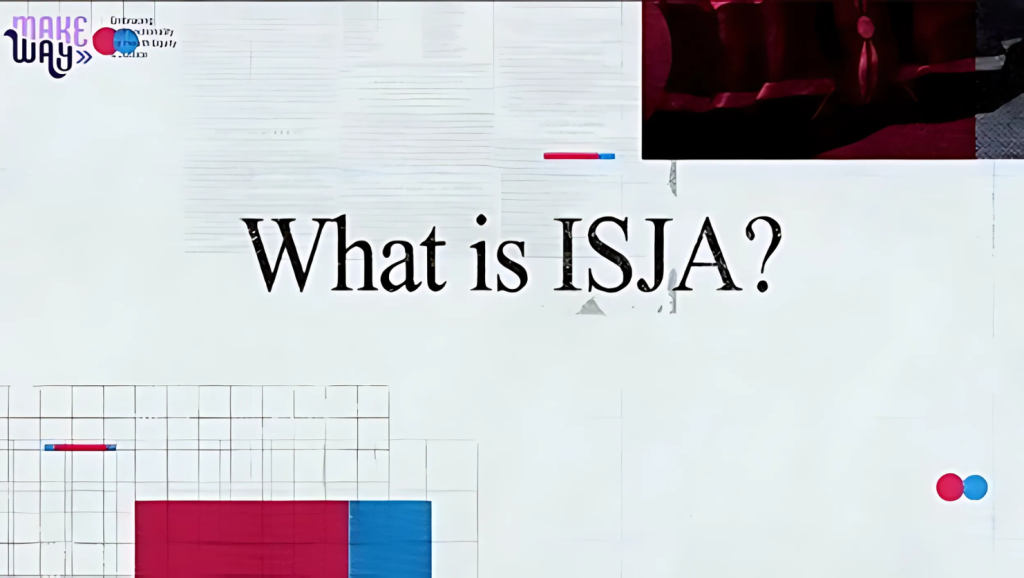ISJA in focus: new video documents transformation of SRHR conversations
 03 February 2025
03 February 2025

The Circle of Concerned African Women Theologians and its partner the Black Coffee Network (BCN) have released a video capturing their September 26th and 27th gathering in Nakuru County. The footage documents how religious leaders, health service providers and youth came together to demonstrate the Intersectional See Judge Act (ISJA) tool in addressing sexual and reproductive health and rights (SRHR) issues. The two-day event showcases how religion can advance inclusive SRHR through a blend of engaging discussions, art and hands-on activities.
Watch a sneak peak here:
At the start of the event, participants discussed, during the breakout sessions, relevant SRHR challenges. Religious leaders drawn from different affiliations shared their experiences and insights, contributing to a rich exchange of ideas on how faith and health-based approaches can intersect to improve SRHR in communities. In addition, health service providers offered their professional perspectives, highlighting the systemic barriers that hinder access to essential SRHR services.
Moreover, a dynamic arts performance by the Nakuru Players Ensemble, who, using biblical narratives as well as contemporary SRHR stories, dramatized critical issues faced in communities today. Through the plays ladened with wit and humor, SRH issues came to life in a way that resonated deeply with the diverse audience, helping participants see the relevance of biblical teachings in shaping solutions to today’s SRHR challenges, using the ISJA tool as a guiding framework.
Through a power walk, participants observed firsthand how various factors impact people’s access to SRHR services. This experiential activity allowed participants to engage directly with the real-world barriers faced by individuals in the community, making the challenges more tangible.
Facilitators, including Angela Kioko of BCN, Rev. Godfrey Adera, and Evans Nyesi of the Circle, further engaged the audience with insightful discussions on the importance of faith-based approaches to SRHR advocacy.
“We need to make people aware without being stigmatized or being judged…we need to make people speak about Jesus rather than hate themselves because they feel religion has judged them and devalued them,” Mr. Evans pointed out.
Rev. Adera emphasized that SRHR work is not just about statistics but about real people. He reminded participants, “Your bible talks about Jesus coming to give life in abundance. How do we talk about SRHR in context of life in abundance? So, then we know, healthy life… healthy SRHR for people is part of what Jesus calls abundant life.”
“We talk about love…how do I talk about love as a Christian or a religious person when I want to exclude someone either because they are pregnant before their time, or they are different?” He questioned.
He also encouraged the audience to explore shared values in culture and religion as key entry points to SRHR conversations, particularly in breaking down semantic barriers that arise from different interpretations in different spaces.
The event culminated with a visit to the Rhonda Youth-Friendly Health Centre, where participants used the ISJA tool to evaluate the facility’s youth services. Questions did arise as to the youth friendliness of such centers seeing as many of such facilities are neither youth led, nor youth managed and as such, cannot be said to be entirely youth friendly.
However, they identified several pressing issues, including prevention of HIV infections, poverty, systemic barriers, social media influence, and cultural and religious beliefs, all of which hinder young people’s access to SRHR services.
At the end of the two days, participants had gained a deeper understanding of how to apply the ISJA tool to SRHR work. The discussions, arts performances, and interactive activities allowed them to explore different approaches—health-based, rights-based, and value-based—to tackling SRHR challenges, while fostering collaboration between faith and health professionals.
Rev Adera, however, maintained that such engagements should occur consistently to realize greater impact saying, “One meeting will not change anything…” especially considering that these are issues that affect real people.
The entire activity was recorded to document the ISJA tool in action, capturing the dynamic interplay between religious leaders, health service providers, and community members. The final video gives an explicit and all-rounded visual explanation of the application of the tool in practical aspects in resolving SRHR issues and is useful in providing insight into the application of ISJA and the scope of its implementation.
Watch the full video of the Intersectional See Judge Act tool in action here:



